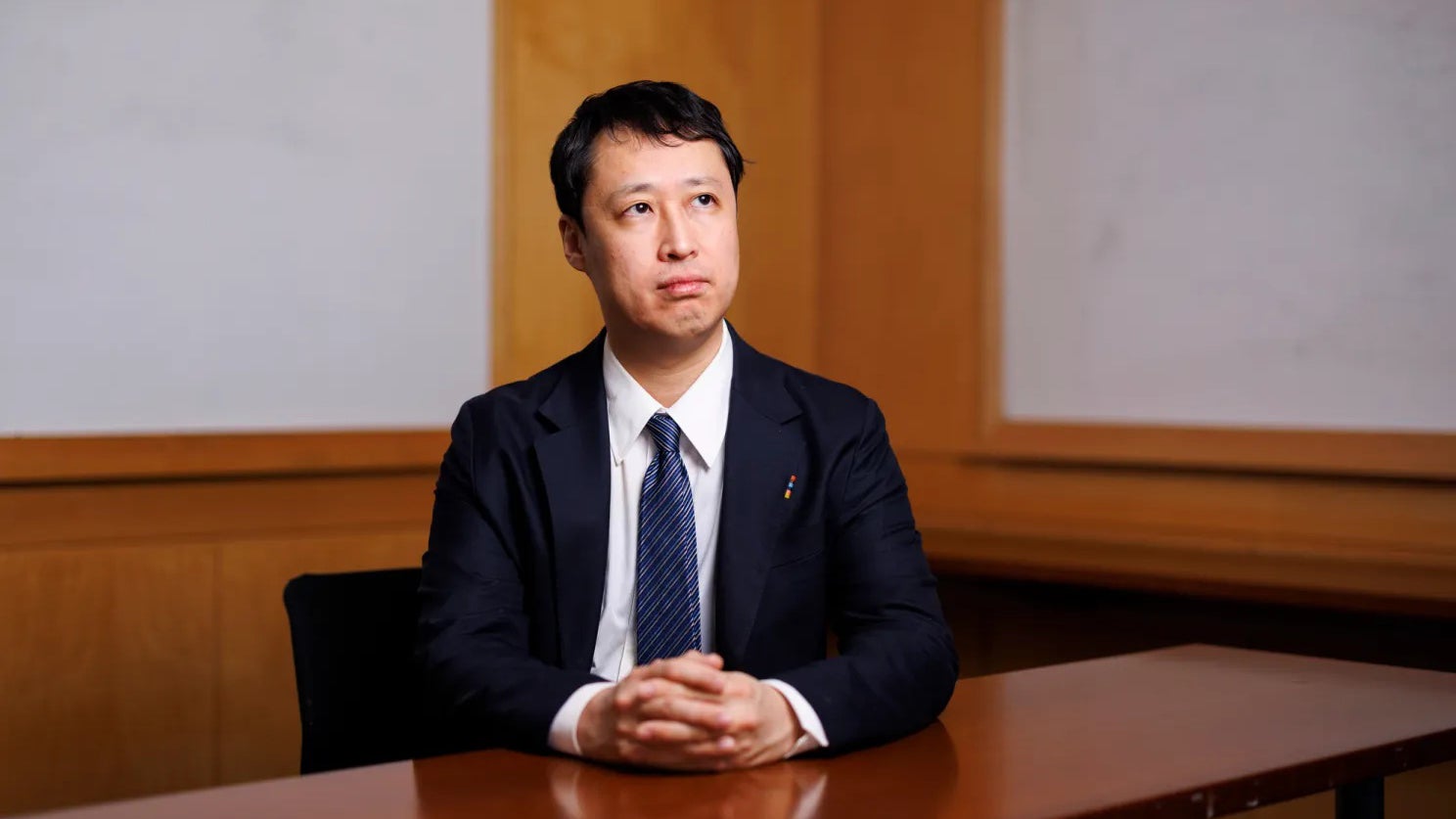Lifestyle changes may be driving higher cancer rates in people under 50

July 27, 2023 – Cancers are on the rise among people younger than 50, and experts think that lifestyle changes may have something to do with it—although data is not firm.
Colorectal cancer has increased in people under 50 by roughly 2% per year since the 1990s, according to a July 22 Boston Globe article. Breast cancer in women increased by 2% per year from 2015 to 2019. Other types of cancer on the rise among younger people include pancreatic, uterine, kidney, thyroid, and prostate. The article cited an analysis of data from 44 countries, published last fall and led by Tomotaka Ugai, research fellow in the Department of Epidemiology, that showed that more than a dozen types of cancer have increased among people under 50 in recent decades.
Timothy Rebbeck, Vincent L. Gregory, Jr. Professor of Cancer Prevention, was a co-author of the fall analysis. He said that figuring out why cancer incidence is striking people under 50 at higher rates is a “very hard question that none of us really know the answer to.”
Lifestyle factors that cause people to gain weight, such as poor diet and lack of exercise, could be contributing to the increased cancer risk. Noted Rebbeck, “The actions of obesity are to change hormones, to change inflammation. So obesity itself can be an outward sign of things going on in your body that are associated with cancer.”
Another Harvard Chan expert quoted in the article, Heather Eliassen, professor of nutrition and epidemiology, noted that breast cancer risk in women can be affected by when they bear their first child and when they experience menopause.
Cancer diagnoses are up even among people with healthy lifestyles and no apparent risk factors, other experts told the Globe. They speculated that other factors could be at play, such as antibiotic use, ultraprocessed foods that are changing people’s microbiome, or chronic stress.
Still, Rebbeck said that it makes sense for people to avoid known health risks. “Sleep, diet, exercise—those things are actionable,” he said. “And so they are very important because you may be able to do something about them.” He is also cheered by ongoing research. “It is encouraging that so much attention is being paid to the early-onset cancer issue,” he said. “There is scientific progress being made, and I hope we will have answers.”
Read the Boston Globe article: Rise in cancer among younger people worries and puzzles doctors
Learn more
Cancers rising in people under 50 (Harvard Chan School news)


